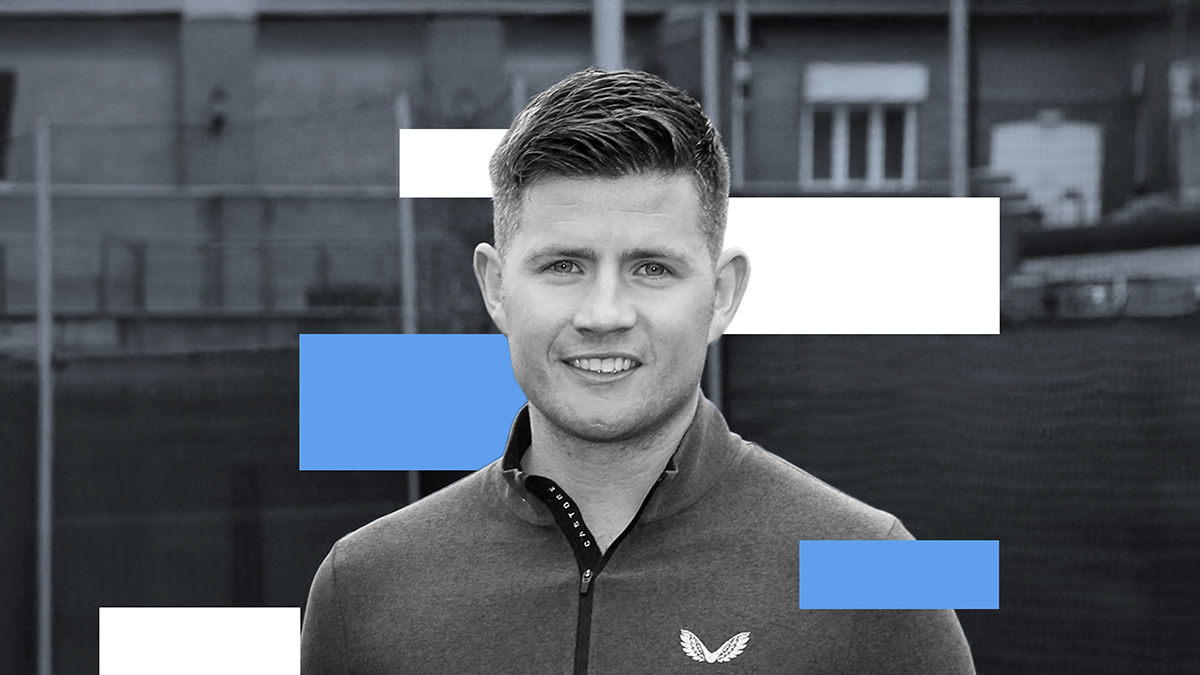
The Castore story begins with a closed door at Prenton Park. Tom Beahon was 20 or 21 when he was told his contract at Tranmere wouldn’t be renewed, and the moment hit like a punch.
“I’ve got no qualms about saying that. I failed,” he recalls. The effect wasn’t to shrink his ambition but to change its shape. “Failure doesn’t scare me. I’ve failed. What scares me is not being in control.” That vow, to control his next chapter, became the seed of Castore, the premium British sportswear brand he founded with his brother Phil.
The brothers didn’t leap straight into entrepreneurship. They moved to London, learned finance by day and, by night and at 5am, argued their way toward an idea. “We were like saving every penny… we would start something at some point,” Beahon says.
It wasn’t a lightning bolt, but rather via osmosis and powered by obsession. “I’m a massive believer in passion,” he says. Talk sport long enough, look hard enough for a gap, and a path appears. For Castore, it was a premium, performance-led alternative to the mega-brands, “a British sportswear brand that competes on that global stage,” he says.
The early execution was scrappy and relentless. Factories in northern Portugal were courted through persistence and charm; a first run of stock was financed with family help. Tom moved back in with his parents, Phil’s girlfriend covered his rent, and guerrilla marketing followed. With no budget, Beahon stood outside Equinox Kensington, handing kit to trainers and emailing every customer personally on Sunday nights.
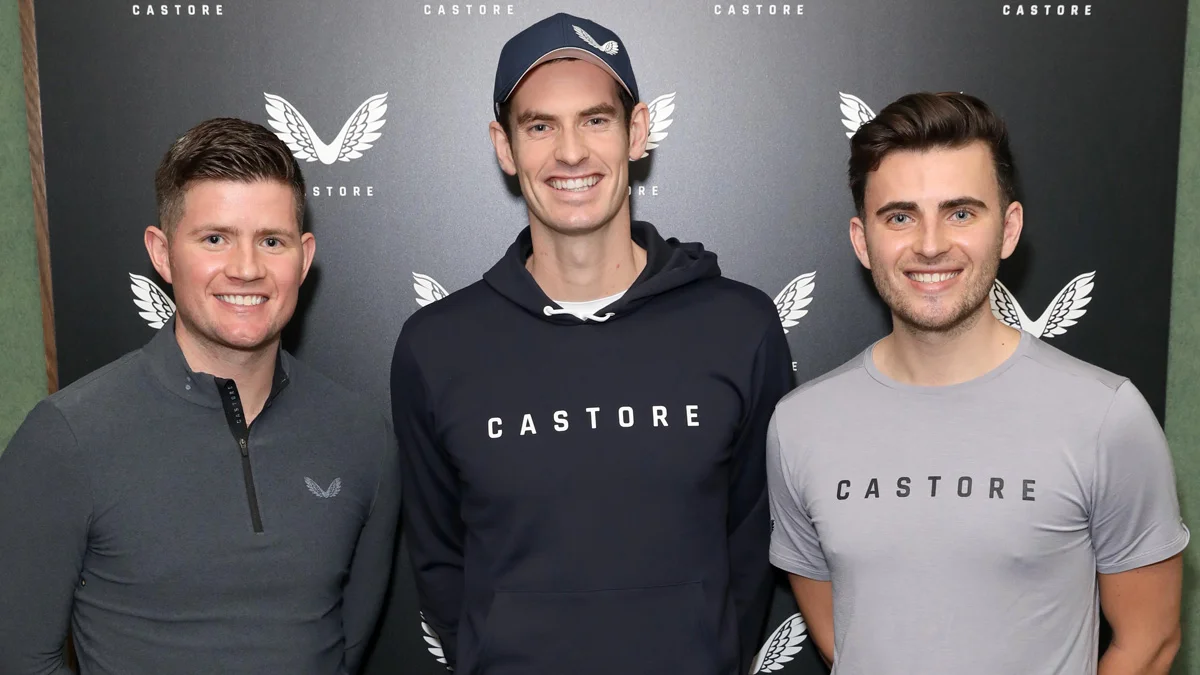
“The harder you work, the luckier you get,” he says. That grind brought the first tailwinds: a groundbreaking first major long-term athlete partnership with Andy Murray that signalled intent, then a breakthrough team deal with Rangers in 2020, which announced Castore on matchdays across the world.
From there, the flywheel spun faster. England Cricket unveiled Castore kits, placing the winged logo at the heart of a summer institution, and by late 2023, investors bet big on the brothers’ ambition with around £150m of new funding at a c.£950m valuation.
Scale brought scrutiny. Castore moved from boutique runs to mass production for elite teams; some shirts faltered under the spotlight. When Aston Villa players complained of “wet-look” kits that retained sweat, the club and brand worked on fixes and Villa ultimately moved suppliers.
Beahon’s response is pragmatic: you learn, improve systems, and keep going. “You can’t let [setbacks] affect you. You take those learnings, you implement them, and you’ll be better for the experience.”
What hasn’t changed is the audacity. Castore still wants to be that rare thing, premium British performance wear with global reach, backed by methodical marginal gains and an appetite for offence. International growth is next: more Europe, the Middle East, Asia-Pacific and the US.
“I don’t expend too much energy worrying about which [opportunities] they’ll be. I know they’ll be there,” Beahon says. And as for cashing out? At 34, he shrugs off the idea. “I would be bored within a week if I sold.” The point was never a quick win. It was taking back control and building something durable enough to wear the world’s sweat and still look sharp.
Related and recommended

Sponsored content: As generative AI use surges, organisations must manage copyright and data risks through clear policies, licensing and responsible content use
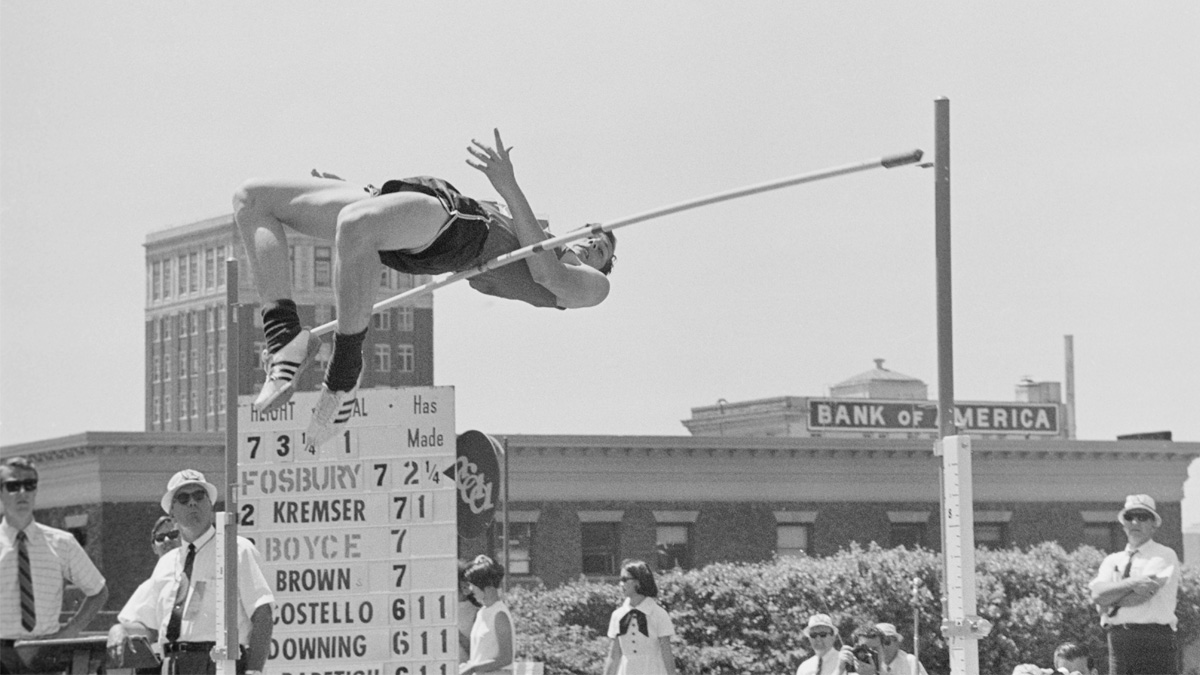
Artificial intelligence can reconfigure and connect existing knowledge, but it can’t create something new on its own - that’s for people
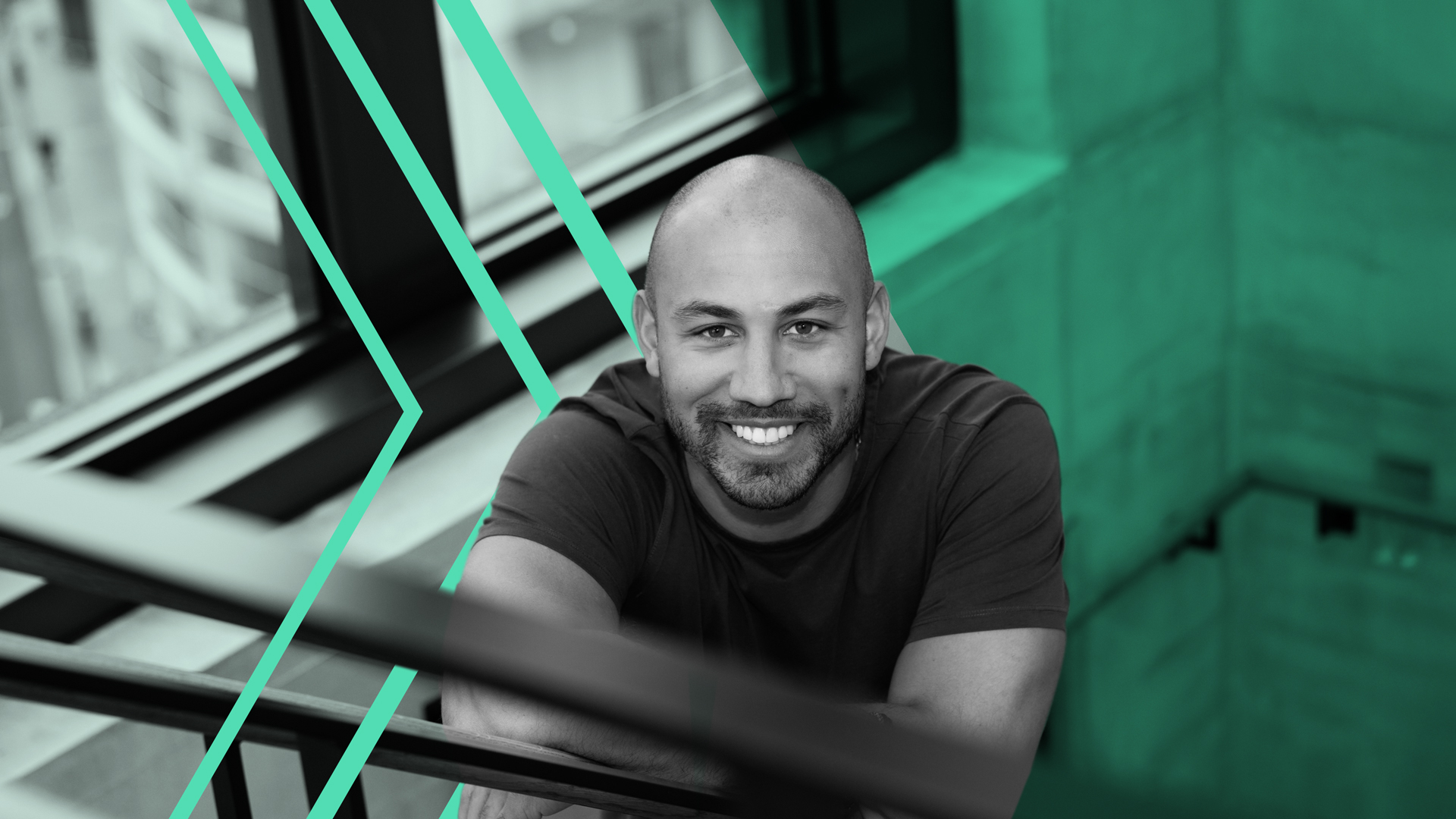
Oliver Kent-Braham, one of the twins behind the fintech unicorn Marshmallow, applied his early success in tennis to building one of the UK’s fastest-growing companies
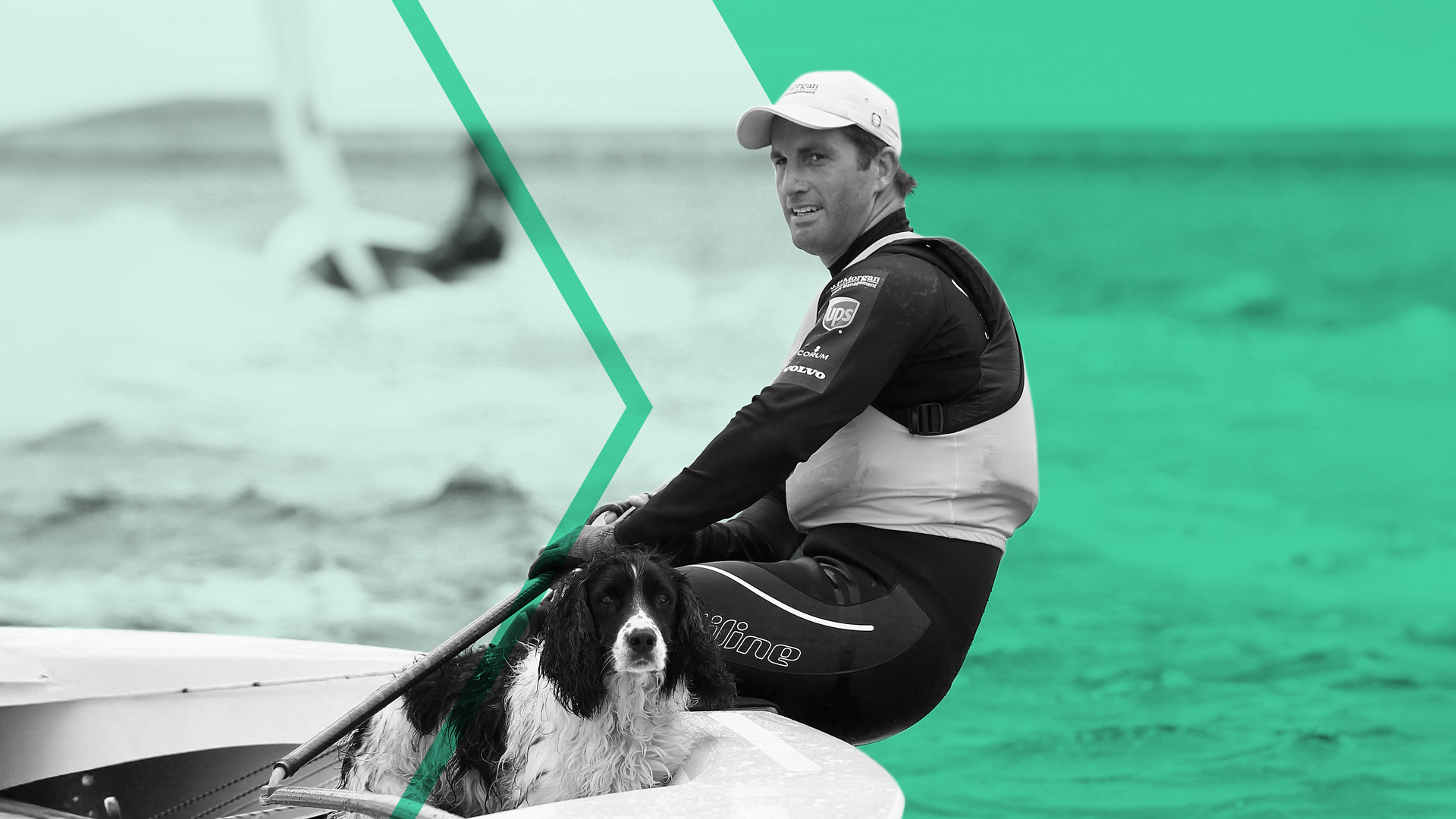
From Premier League glory to blockbuster boxing, these companies have all posted knockout growth over the past three years

